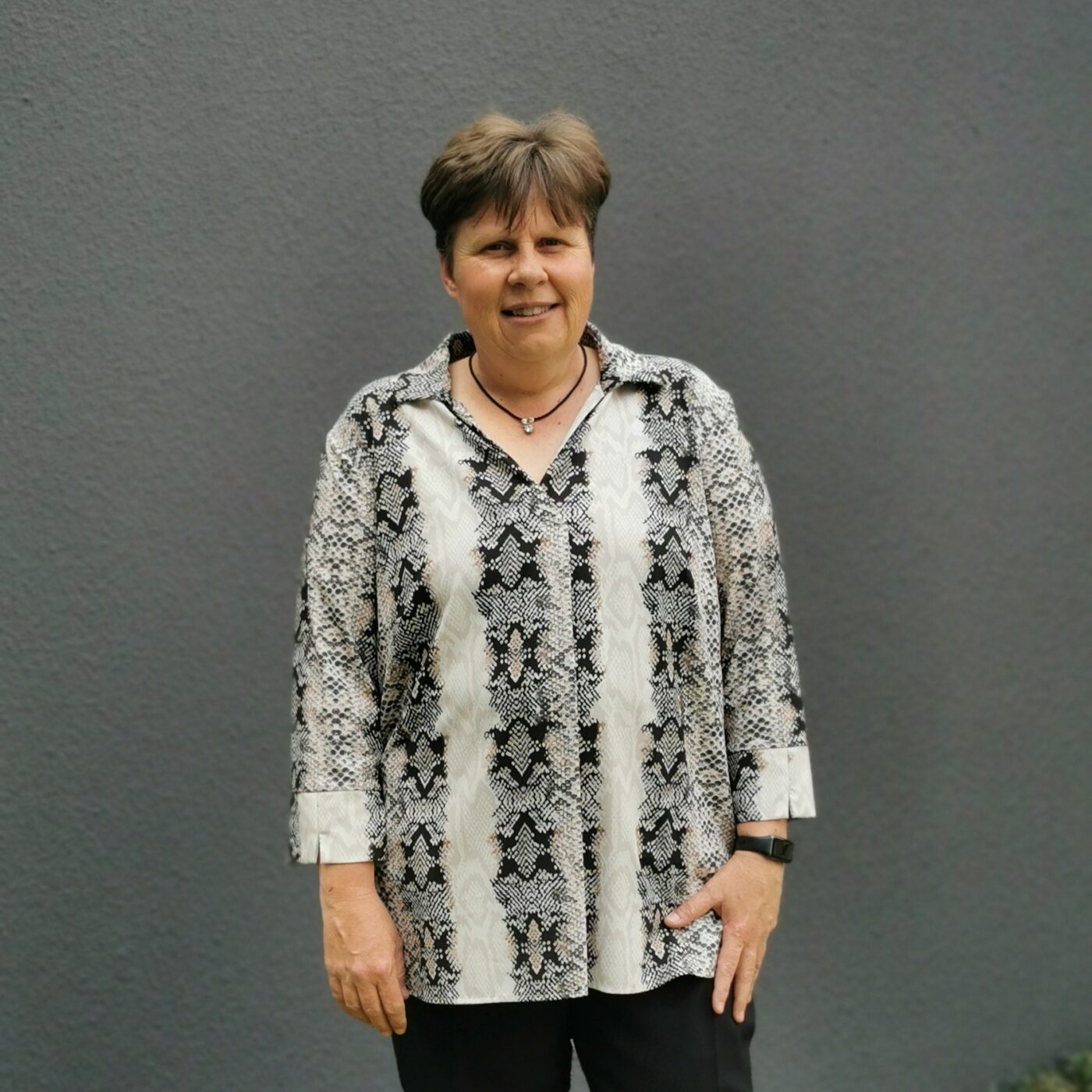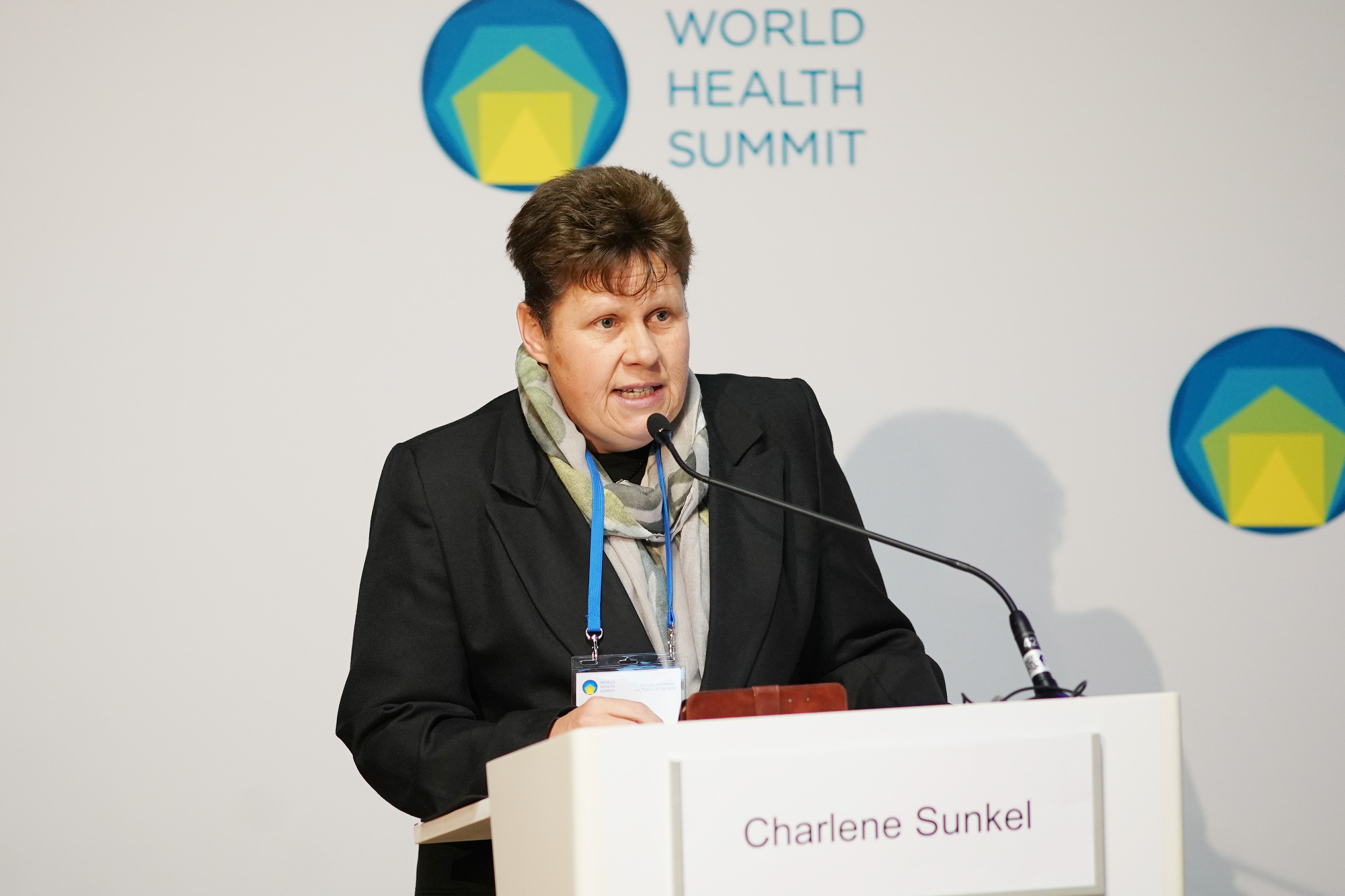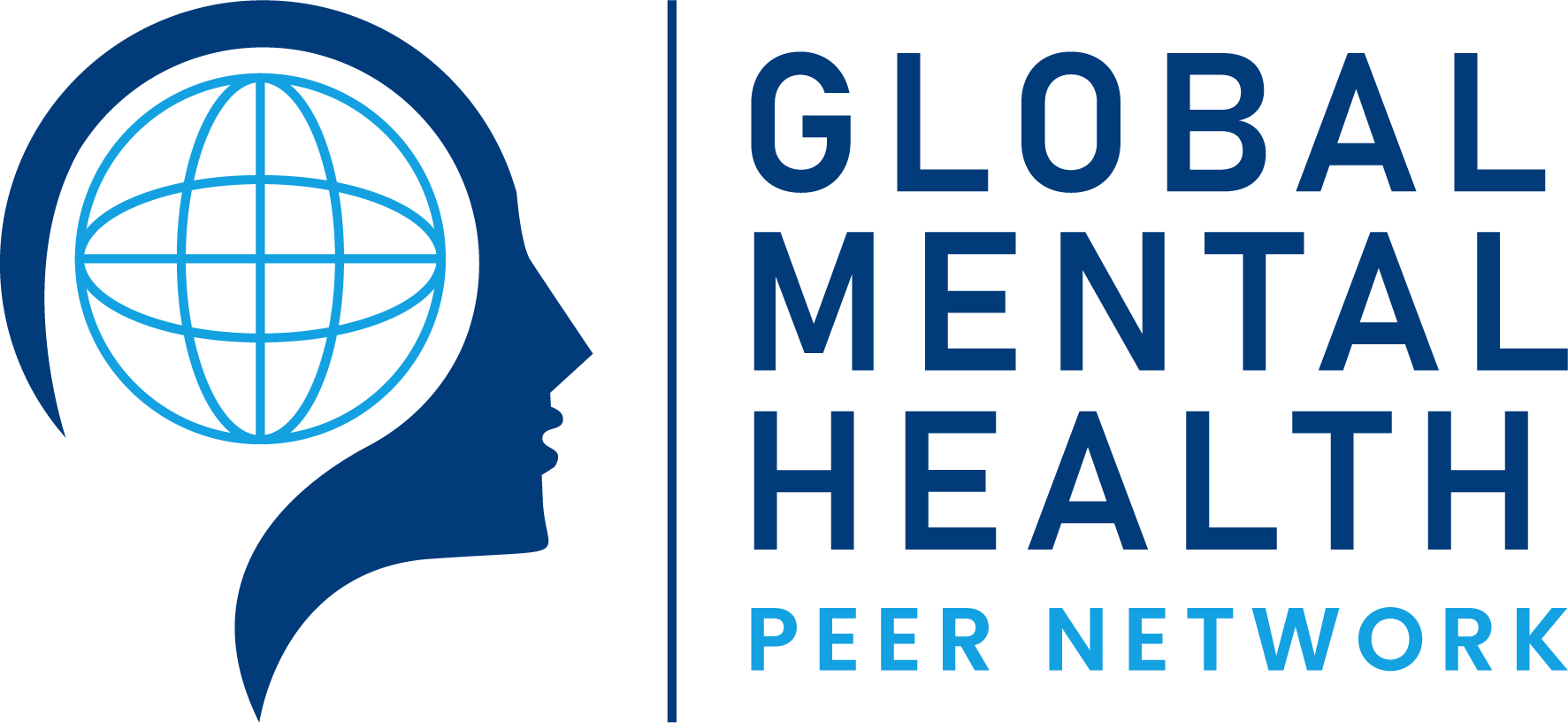Where my journey lead to a career in mental health
In 1991 I received a diagnosis of schizophrenia along with a very daunting prognosis – I was told that I will never be able to work, live on my own, be independent, and basically achieve at anything. For a number of years, this was reality for me.
Needless to say, my entire life started falling apart (partly due to the negative prediction of what my life was heading towards and partly due to unmanaged symptoms and lack of access to appropriate mental health interventions) – I was dismissed from my work on medical grounds, lost everything and suffered damaged relationships with friends and family.
Over the years I ended up spending 4 years in total in psychiatric hospitals until I reach a point where I discovered that I still have “fight” left in me – whatever I was said to be incapable of, I became determined to prove it wrong.
In addition to this, my experience within an often-neglected and ineffective mental health system that frequently presented with abuse, along with my experience of the impact of stigma and discrimination within society, was the driving force behind my determination to overcome the adversities that I have faced and to build a career in mental health advocacy and human rights.
Regrettably, my diagnosis came at a critical time in my life as a young person who wanted to advance my education, but never got the opportunity to study further. The knowledge I have obtained in the mental health field, derived from my own experiences, reading and learning from available literature, and guided and motivated by extraordinary mentors and colleagues.
The start of my career in South Africa
Persons diagnosed with schizophrenia in specific, often bear the brunt of damaging misperceptions and discrimination. They are often perceived as being dangerous, unable to communicate or make their own decisions, needing to be “locked up”, among a range of other limitations imposed by society. This made it particularly difficult to envision a future for myself and imagine a career in anything.
However, I had to approach the situation in a different way, so I started my career in 2003 as a volunteer in mental health. I volunteered merely because, firstly I wouldn’t have found employment due to the stigma and discrimination attached to mental health conditions, and secondly through volunteering I could prove that I am able to achieve at anything that I set my mind to (despite living with schizophrenia).
I consider myself as a fairly creative person and decided to apply myself creatively, through writing and producing theatre plays and a short feature film with the intention to raise public awareness on mental health conditions, and these productions received recognition and offered me some credibility.
In 2006 I was offered a position in mental health advocacy and communications at a provincially based mental health organisation based in Johannesburg, South Africa. At the time many people doubted that I would be able to manage full-time employment and discouraged me from accepting the position – I ended up working 8 years for the organisation before moving on to work as a program manager for a national mental health organisation for a further 4 years.
My work in South Africa focused on creating and managing advocacy movements, promoting human rights, empowering people with lived experience of a mental health condition, to reviewing policies and laws.
At this level, I served on the Presidential Working Group on Disability and on the Ministerial Advisory Committee for Mental Health for some years.
The evolvement of my career to the international level
Over the years working in South Africa, my career evolved through being presented with opportunities to work at an international level where I soon became known as a global mental health advocate. In 2017 I started developing the concept of establishing an international mental health organisation for people with lived experience of a mental health condition – today I am the Founder and Chief Executive Officer of the Global Mental Health Peer Network (www.gmhpn.org); the organisation that was born from an idea, a concept and into reality.
In 2017 I was appointed as Principal Coordinator of the Movement for Global Mental Health
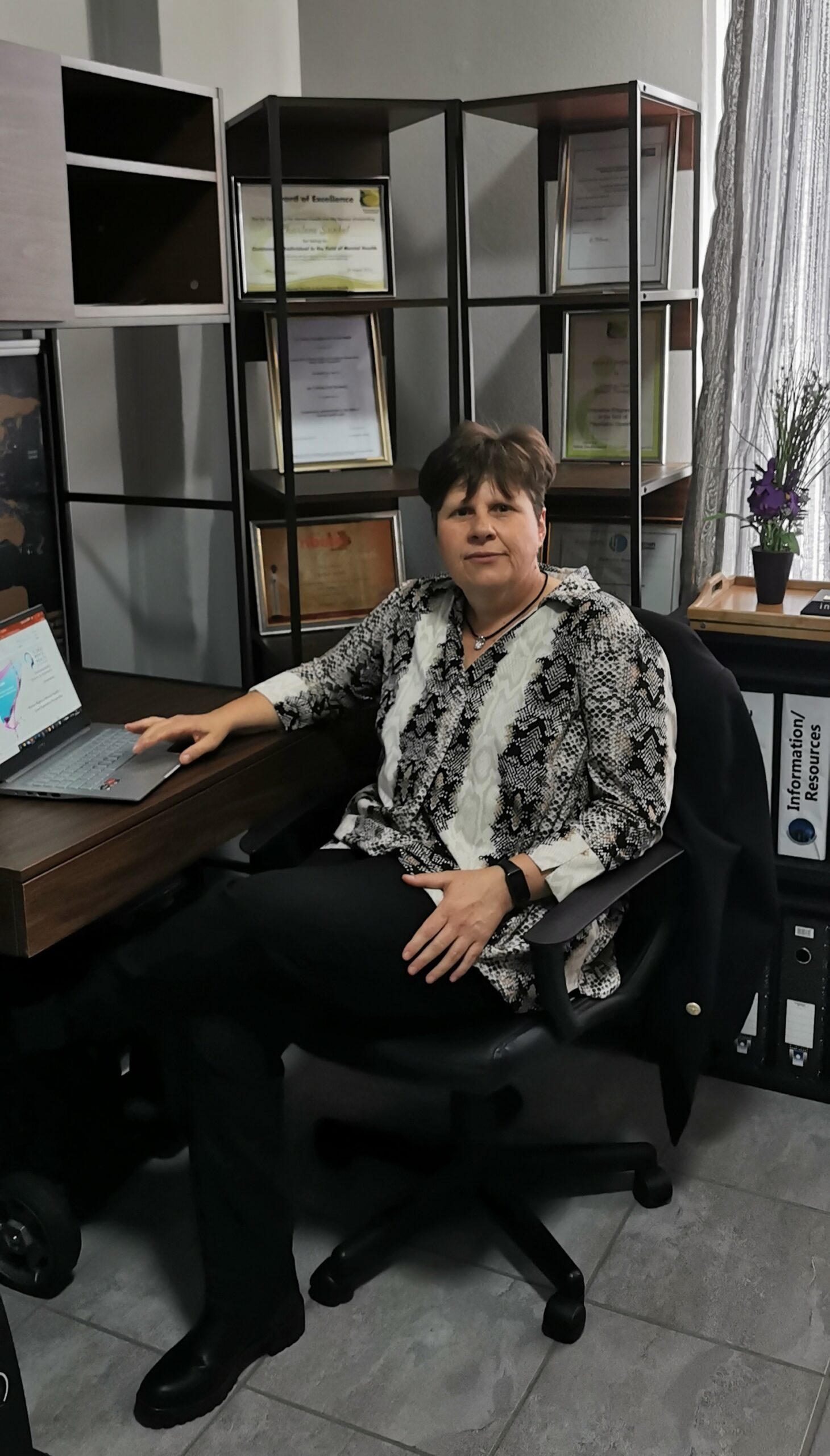
(www.globalmentalhealth.org), which exposed me to global mental health and provided me the opportunity to expand and adjust my vision to driving change and transformation in mental health at a global level.
Through my international involvement in mental health, I discovered that the voices of persons with mental health conditions, especially in low-and-middle-income countries, often remain silenced while they have so much to offer to social and economic development at local and international levels. In global mental health it has been emphasized that people with lived experience of mental health conditions must be at the centre of policy and practice, to ensure that health and mental health systems function effectively and for the benefit of those using the system – a vision that I felt had to be realised. At the 5th Global Mental Health Summit in 2018, hosted by the Movement for Global Mental Health, the Global Mental Health Peer Network was officially launched.
I serve on a number of international boards and committees related to mental health and human rights. Through this, I have been involved in advising governments on how to reform their mental health policies and laws. As a lived experience representative, I had the opportunity to participation at high-level engagement platforms around the world.
I guest lecture at the Stellenbosch University in South Africa (sharing my recovery story with psychology students) and the Indian Law College’s International Diploma on Mental Health, Human Rights and Law in Pune in India (on the key rights of persons with lived experience).
I have published internationally on issues related to mental health and human rights, stigma and the needs of people with mental health conditions in low- and middle-income countries. I served as a Commissioner on the Lancet Commission on Global Mental Health and Sustainable Development and on the WPA-Lancet Psychiatry Commission on the Future of Psychiatry. Currently I am co-editor of the Lancet Commission on Mental Health Stigma and Discrimination, and a Commissioner on the Lancet Commission on Psychosis. I am one of the editors of a book titled “Mental Health, Legal Capacity, and Human Rights”, recently published by Cambridge University Press (2021).
In 2019 I was listed as one of 100 Innovative (Women) Leaders in Global Mental Health by Global Mental Health Programs of the Columbia University.
My career awarded me with a number of accolades, and include: Special Achievement Award (2006); Chairman’s Award for Advancing Psychosocial Rehabilitation (2011); National Disability Awards (Finalist Champion Award, Finalist Woman Award, Winner Woman Award, 2011); Special Achievement Award for Innovative Program in Psychiatric Disability (2012); Award of Excellence in the field of Mental Health (2014); Jim Birley Scholarship Award (Federation Global Initiative on Psychiatry, Netherlands, 2015); Tributes Excellence Awards, Disability Rights category (Valhalla Arts, South Africa, 2015); Outstanding Achievement in Mental Health (Swiss Foundation and World Health Organisation, 2017), Honorary Membership (World Psychiatry Association, 2020), Pardes Humanitarian Prize in Mental Health (Brain and Behavior Research Foundation, 2021).
Mental Health in an Unequal World
People with lived experience of a mental health condition have historically been excluded from decision-making processes and from contributing their lived experience expertise to help address the challenges and needs that they have faced on a daily basis at grassroots level. Yet many possess excellent leadership potential and passion but haven’t been given the opportunity to lead and inspire change. However, times are changing and people with lived experiences have been instrumental in challenging the status quo.
The emphasis is on moving towards an integrated and holistic response to mental health care and services that incorporates medical, social and human rights models – this approach critically emphasizes the multidimensional aspects of mental health conditions and societal challenges that cannot be addressed in isolation as a medical problem. International treaties and human rights instruments support this shift in focus, and have challenged the paradigm of medical traditions and institutional care models that have subjected individuals with mental health conditions to severe human rights violations, developed structures of societal segregation, and denied the inherent human dignity and voice of the lived experience community.
Mental health conditions affect 1 in 4 people at some point in their lives, and mental health conditions impact on every aspect of a person’s life; their studies, work, relationships, and overall health and wellbeing. The field of mental health has seen great advances on how to promote mental health, prevent mental health conditions and to facilitate recovery. So, the future is not as dark as it was in the past, and people impacted by mental health conditions can live full and productive lives, provided the person receives the care and support that they need.
About the Global Mental Health Peer Network
The Global Mental Health Peer Network is a non-profit international organisation, based in Johannesburg, South Africa. We exist to empower, strengthen, and catalyse the voices of persons with lived experience of mental health conditions worldwide. Our goal is to help cultivate a new generation of global lived experience leaders to empower and develop leadership worldwide to drive change and transformation in the global mental health sector. We believe that our views, opinions, and experiences as persons of lived experience with mental health conditions, can help guide change within the Global Mental Health sector and towards sustainable development within countries.
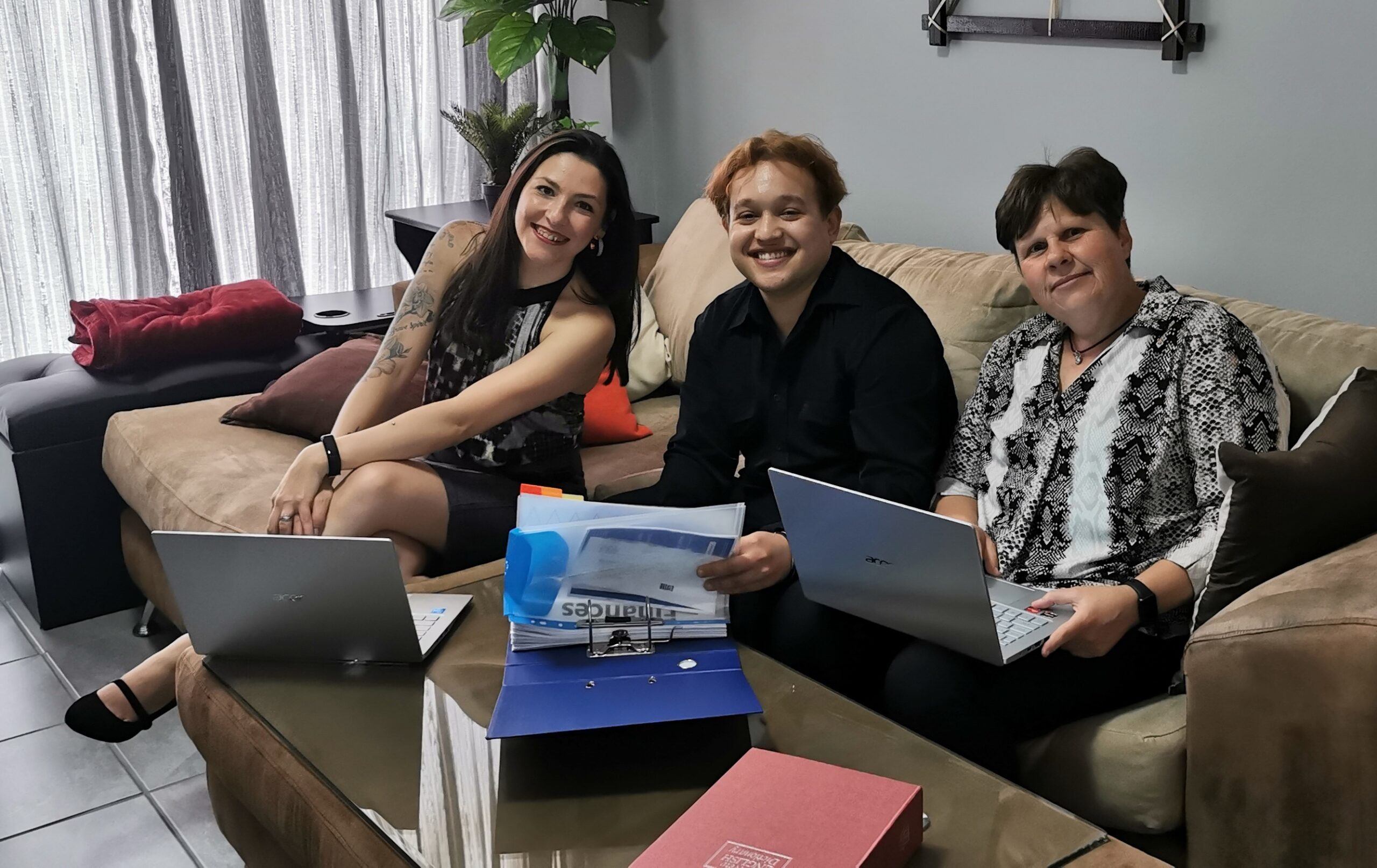
Since the Global Mental Health Peer Network’s establishment, our focus has been on building of a sustainable structure to serve two main purposes: 1) to develop a global leadership of persons with lived experience; and 2) to create a sophisticated communication platform where the lived experience community can share their views, opinions, perceptions and experiences, in a safe and non-judgemental space.
The Global Mental Health Peer Network is made up of the Board of Management, the Global Office, the Regional Executive Committee, the Country Executive Committee, Sub-Committees and Mentors. Each and every member has a lived experience of a mental health condition (past or present). Since 2018, we have expended to over 100 lived experience leaders across 38 countries, in 6 world regions – and continue to grow our global footprint.
In a fairly short space of time, we have become a recognized name globally and source of lived experience expertise. Through our rich and diverse expertise among our leadership, we have been involved in contributing perspectives and recommendations at various high-level conversations about transforming mental health and working collaboratively with policymakers, governments, professionals, researchers, and other stakeholders.
Message to aspiring women entrepreneurs
The world is often dominated by men, especially in leadership positions or industries that may be perceived as not gender suitable for women – this should never be a motivation to accept what is expected or perceived, rather taken on as a challenge to create change. I perceive this scenario similar to people with mental health conditions, who are often not considered for leadership positions but it does not mean, the person is not capable of leading.
Live by the following … explore your vision, believe in yourself, expect the best of what you are capable of, and when doors close in your face and your vision becomes blurry, refocus and keep going.


